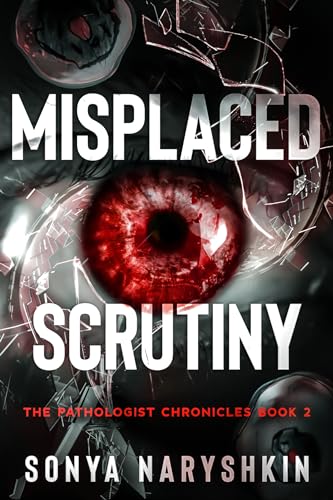This report identifies the most commonly used motions and requests available to Members during proceedings in the House of Representatives. It does not identify motions and requests used when the House is in the Committee of the Whole House on the State of the Union. (See CRS Report RL32200, Debate, Motions, and Other Actions in the Committee of the Whole, by Bill Heniff Jr. and Elizabeth Rybicki. For a discussion of motions and requests used in committees see CRS Report RS20308, House Committee Markups: Commonly Used Motions and Requests, by Judy Schneider.)
The report divides the motions and requests into seven broad categories, based on when the motion or request is in order and who can make the motion or request. “Daily Business” is the category that includes items that are routine to the conduct of business in the House each day, such as the motion to adjourn. “Decorum and Privilege” covers issues of the rights and privileges of Members and the House and how Members conduct themselves on the floor. In “Parliamentary Tools,” motions and requests are identified that Members may use to get information about the parliamentary situation or to object to the pending proposal. “Proceedings on Legislation” includes motions and requests available to Members that are related to bringing up and considering legislation. “Closing Debate and Voting” identifies motions and requests used to bring debate to a close and obtain a vote. “Commit, Recommit, Refer” looks at the motions and requests used to send a bill to committee. Finally, “Resolving Differences” identifies motions and requests used to facilitate amendments between the chambers or to set up a conference between the chambers on differing versions of legislation.
This report will be updated as needed.


